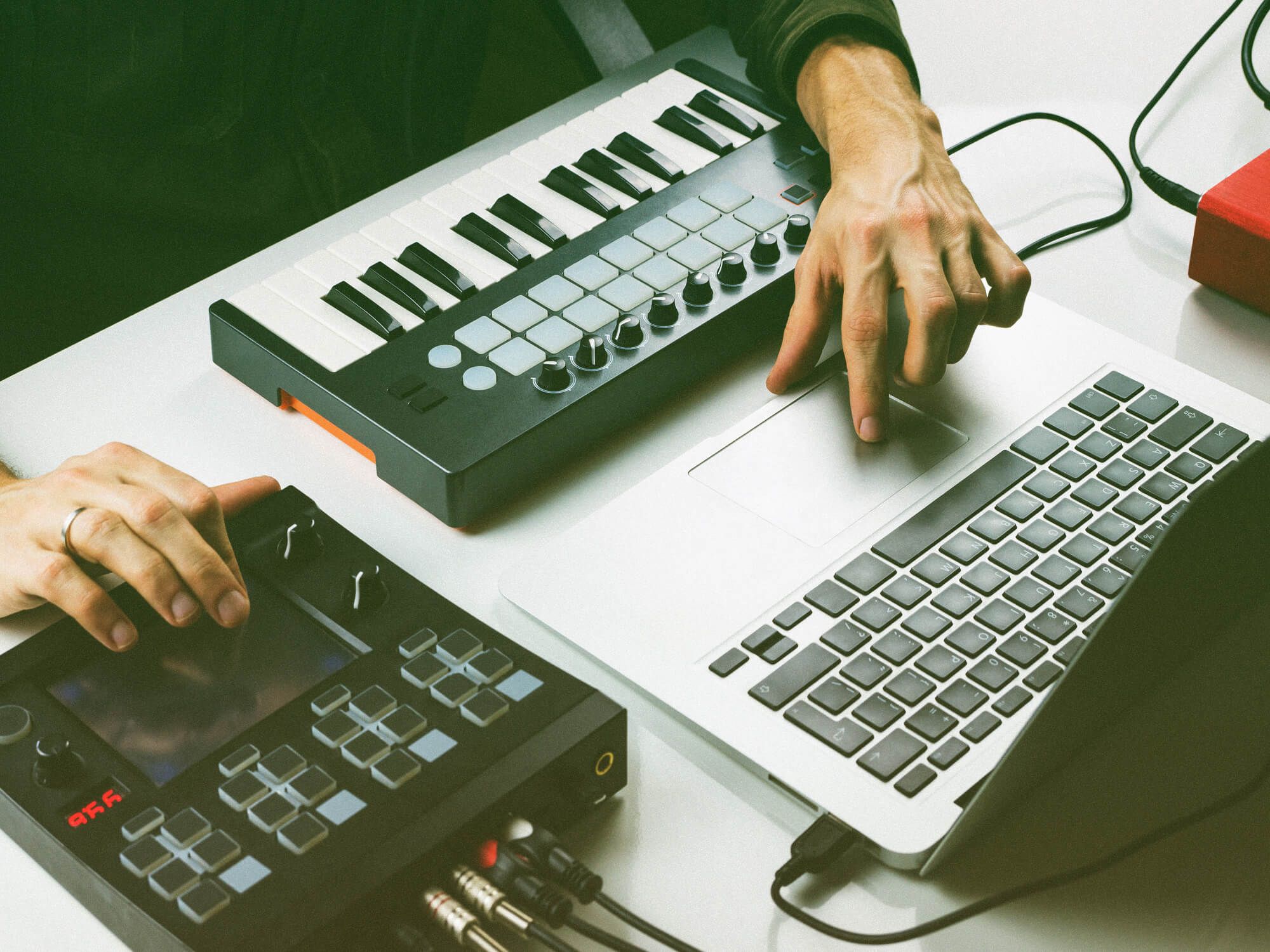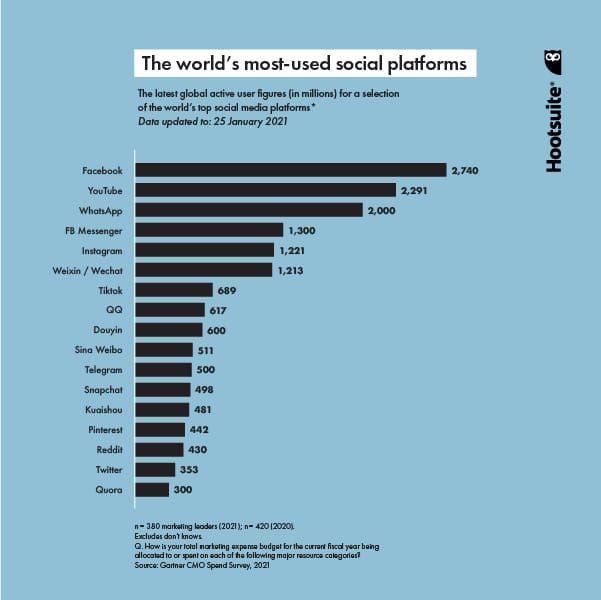
The Influence of Tech on Music: From Production to Distribution
- 0
The evolution of technology has undoubtedly transformed the music industry, revolutionizing both production and distribution methods. From the introduction of digital audio workstations to the rise of streaming platforms, tech has played a pivotal role in shaping the way we create, consume, and distribute music. In this article, we delve into the impact of technology on music, exploring its influence on production techniques, the democratization of music creation, and the shift in music distribution.
1. Technological Advancements in Production
The advent of digital audio workstations (DAWs) has completely revolutionized music production techniques. DAWs replaced traditional recording consoles and tape machines, offering musicians and producers a wide range of tools and capabilities. With DAWs, artists can easily record, edit, and manipulate audio, opening new creative possibilities.
Additionally, software instruments and virtual synthesizers have become essential tools for musicians. These instruments can replicate the sounds of traditional instruments, giving artists access to vast sonic libraries that would be otherwise inaccessible. These digital tools have democratized the production process, enabling beginner musicians to create professional-sounding tracks without the need for expensive studio equipment.
2. Democratization of Music Creation
Tech has also democratized the music creation process, providing aspiring artists with more accessible platforms and tools to express themselves creatively. The rise of affordable recording equipment, such as USB microphones and home studios, has empowered musicians to produce high-quality recordings from the comfort of their own homes.
Furthermore, the internet has played a crucial role in connecting artists with fans and industry professionals. Platforms like SoundCloud and YouTube offer independent artists a global stage to showcase their talent, removing traditional barriers to entry. Artists can now gain recognition and build a fan base without relying solely on record labels.
3. Music Distribution in the Digital Age
The advent of the internet and digital media has completely transformed the way music is distributed. The decline of physical formats, such as CDs and vinyl, and the rise of streaming platforms have reshaped the music industry landscape.
Streaming platforms like Spotify, Apple Music, and Deezer have enabled listeners to access millions of songs instantly and conveniently. Consequently, music consumption has shifted towards a digital, on-demand culture. This has created new challenges and opportunities for artists and record labels alike.
Additionally, social media platforms have become powerful marketing tools for musicians, allowing them to engage with fans directly and promote their music without relying solely on traditional marketing channels. Artists can build their personal brands, connect with fans in real-time, and even collaborate with other musicians, all thanks to the power of social media.
Conclusion
The influence of technology on music is undeniable. From advancements in production techniques with the introduction of digital audio workstations to the democratization of music creation enabled by affordable recording equipment, technology has made music more accessible and empowered aspiring artists. Furthermore, the digital age has revolutionized music distribution, changing the way we consume and discover music. As technology continues to advance, the relationship between tech and music will only grow stronger, propelling the industry into exciting new territories.

